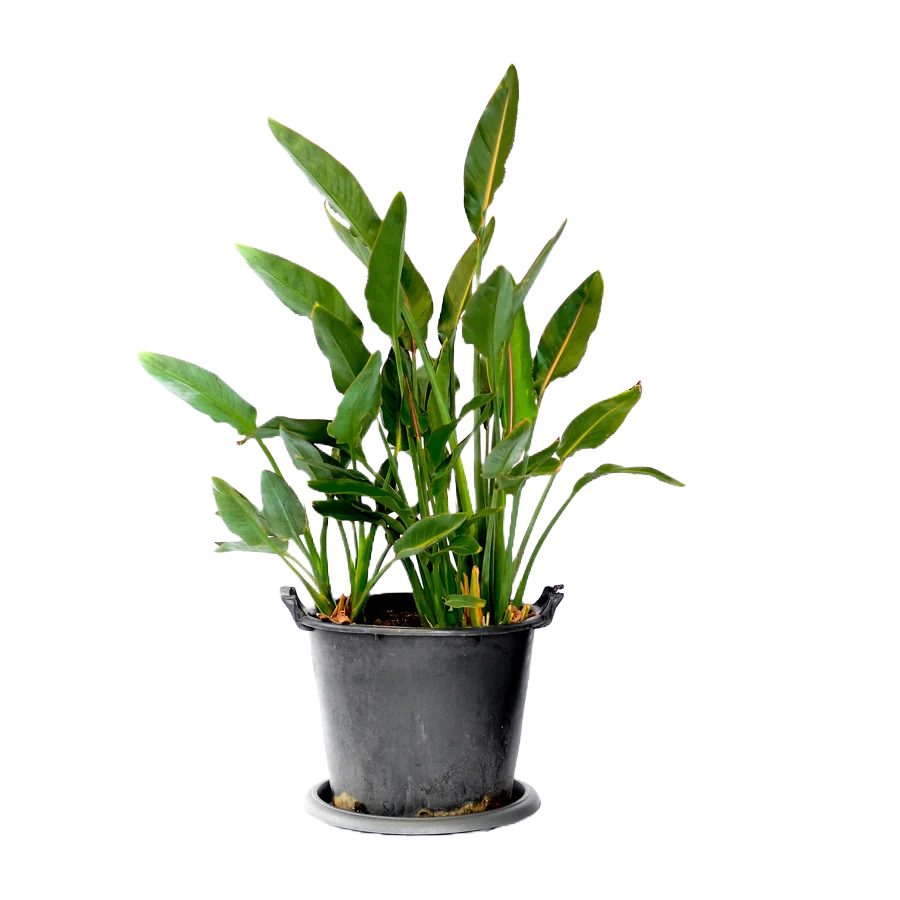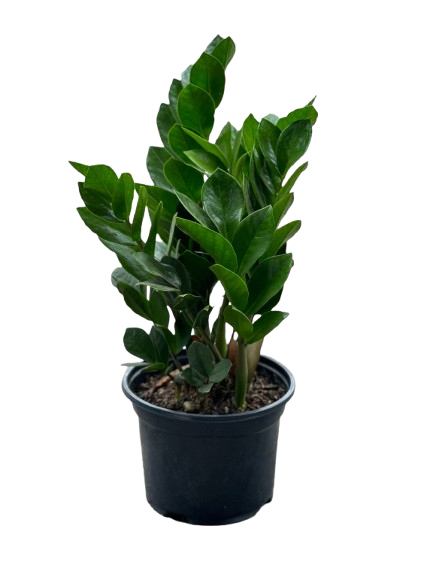The Peace Lily (Spathiphyllum) is one of the most popular indoor plants in Kenya, known for its glossy green leaves and elegant white blooms. It is loved for its ability to thrive in low light, making it perfect for homes, offices, and shaded verandas. Beyond beauty, peace lilies are also powerful air purifiers, making them both decorative and practical for Kenyan households.
Why Grow This Plant?
- Air-purifying qualities that remove toxins from indoor spaces.
- Thrives in low light, making it ideal for offices and shaded homes.
- Elegant white flowers add a calming, modern touch to décor.
- Low maintenance and easy to grow, even for beginners.
- Symbolizes peace, purity, and harmony in many cultures.
Cultural & Historical Significance
Peace Lilies are native to tropical regions of the Americas and Southeast Asia. Across cultures, they symbolize peace, purity, and rebirth, often gifted during times of healing or new beginnings. In Feng Shui, the plant is believed to bring harmony and balance to living spaces. In Kenya, peace lilies have gained popularity as thoughtful gifts for loved ones and stylish additions to modern homes and office spaces.
Ideal Growing Conditions in Kenya
- Sunlight: Prefers bright, indirect light but tolerates low light.
- Temperature: Grows well between 18°C–27°C.
- Soil: Well-draining, nutrient-rich potting mix.
- Watering: Keep soil consistently moist but not soggy; water when the top inch feels dry.
- Best Regions: Thrives in Nairobi, Kisumu, Nakuru, Eldoret, and other moderate to warm regions.
How to Plant It
- Choose a healthy peace lily from a nursery.
- Select a pot with drainage holes to prevent waterlogging.
- Fill the pot with well-draining potting soil.
- Place the plant at the same depth as in its nursery bag and fill in around the roots.
- Water thoroughly and place it in a spot with indirect light.
Care Tips
- Water weekly or when the soil surface feels dry.
- Fertilize once a month during the growing season with balanced houseplant fertilizer.
- Wipe leaves regularly to remove dust and enhance photosynthesis.
- Trim off yellow or dead leaves to encourage new growth.
- Repot every 1–2 years if the roots outgrow the container.
Pests & Diseases
- Spider mites and aphids: Small pests that damage leaves; treat with neem oil or insecticidal soap.
- Root rot: Caused by overwatering; always use well-draining soil.
- Leaf browning: Often due to chlorine in tap water; use filtered or left-out water.
Pet Safety
Peace Lilies are toxic to cats and dogs if ingested, causing drooling, vomiting, or mouth irritation. Keep them out of reach of pets in Kenyan homes.
Growing in Containers
Peace Lilies adapt perfectly to pots and containers, making them excellent indoor plants for Nairobi apartments, verandas, and offices. Use medium-sized pots with drainage holes and rotate the plant occasionally to ensure balanced growth.
Where to Buy This Plant in Kenya
You can buy healthy Peace Lilies in Kenya at Plantify.co.ke, trusted suppliers for high-quality indoor plants and stylish pots.
Final Thoughts
Peace Lilies are a perfect blend of elegance, health benefits, and symbolism. Their ability to thrive in low light, improve indoor air quality, and bring a touch of peace makes them a must-have for Kenyan homes and offices. With minimal care, they reward you with lush greenery and stunning white blooms all year round.
Plantify.co.ke is your trusted source for plants, pots, and all things green in Kenya. From starter herbs to exotic indoor plants, we help you grow beautiful spaces—naturally.
Recent Posts
- Asiatic Lily Bulbs in Kenya: Vibrant Color, Easy Growth & Garden Beauty
- Dendrobium Orchids: Elegant Blooms, Easy Care & Indoor Beauty
- Vanda Orchids: Vibrant Colors, Air-Grown Beauty & Elegant Displays
- Vriesea Bromeliads in Kenya: Elegant, Colorful & Easy to Grow
- Manuka : Beauty, Healing & Natural Resilience







